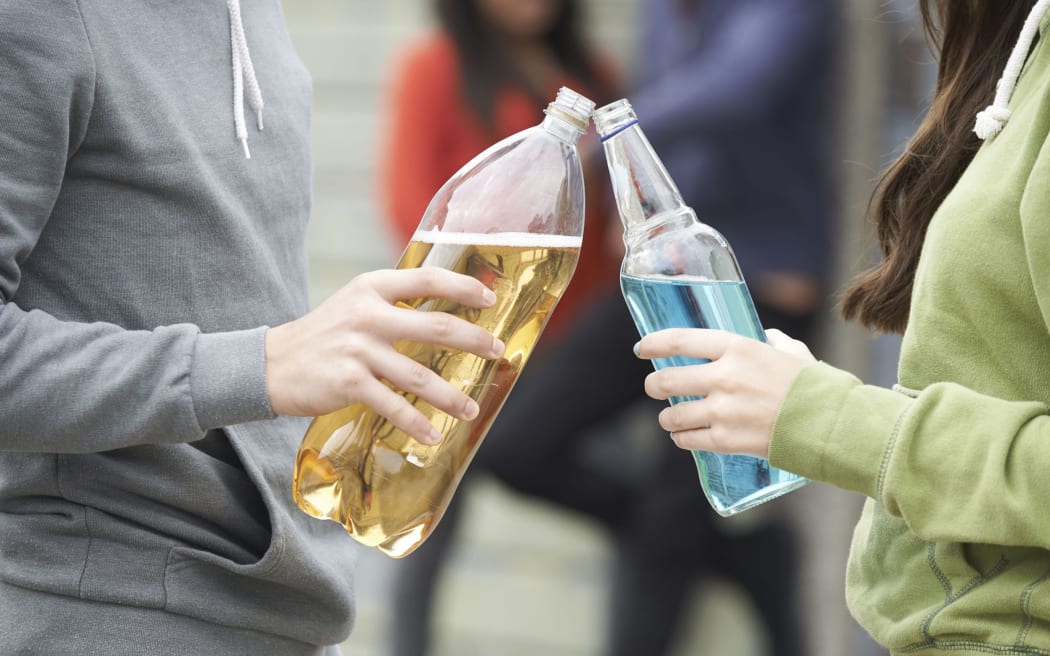Teenagers are always going to make silly decisions, but there are things parents can do to help minimise the risks.

Photo: 123RF
Dr James McCue, lecturer in Psychology and Criminology at Edith Cowan University in Perth, says teenagers are encountering complex new situations and dealing with peer pressure when their brains aren’t yet fully developed.
The pre-frontal cortex, which helps us control impulses and work out likely consequences of our actions, is the last part to develop.
“The number one thing for parents to remember in these situations, what we know with neuroscience, it’s not the parent’s fault.
“This is a very normative developmental thing that teenagers go through and they’re going to make silly decisions."
The brain won’t develop any faster, he says, so it’s about expecting and anticipating the behaviour, and teaching responsibility.
What parents can do is have conversations about what their teens might face - “almost scenario testing, the same way we would in risk management.”
If a teenager is about to go off to a party and hasn’t been in that situation before, the conversation might be about choices they might have to make or potential antisocial behaviour.
It’s about giving them a chance to think through what they’d do in a situations before it happens, he says.
If they don’t know what to expect, McCrue says, put forward some suggestions. Sometimes a teenager might say there’s going to be alcohol at a party; resist the impulse to jump in and tell them not to drink. Instead, talk about what they think they might do.
And then it comes down to family rules – what is and isn’t negotiable. “There will be in some instances a chasm between what the teenager wants to do and what the parent wants to do. The message needs to be around ‘we’re not wanting to hold you back, we want to make sure you’re safe’.
Some teenagers will be mature enough to have a discussion about, say, setting a curfew, and be involved in setting the rules.
“The thing with teenagers is they’re fairness fanatics. They will point out if their brother or sister got an extra five minutes on the Xbox to them. They’re really aware of rules and fairness, so in some ways they’re quite good at setting rules for themselves."
If they do step outside the rules, it’s not Mum and Dad’s but their own rules they’re breaking, and that opens the way to talking about why they made the decision, he says.
“Being really punitive can sometimes cause the teenager to just retreat into themselves and the lesson related to the mistake is completely lost.
“It’s only if we debrief after [the mistake] and work out where our choices went wrong that we actually do that learning.
“It’s trying to create that independent, responsible and resilient individual.”
McCrue says if teenagers are constantly making risky decisions, it can sometimes point to deeper underlying issues of self esteem, anxiety or exposure to drugs or alcohol, and parents may need to seek professional help.
In love and war: the benefits of sibling rivalry
Conflict between siblings is normal and can even be helpful, according to author and psychological researcher Naomi White. Audio
An angry child needs you to be calm
Children who react with escalating anger to discipline practices which are usually effective for other kids are having a hardwired fear-based response which is beyond their control, says education… Audio



